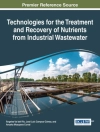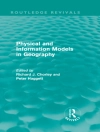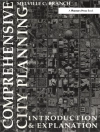This collection of papers aims to draw lessons and apply indigenous knowledge, wisdom and cultural traditions to suit policy contexts describing the (a) role of individuals (b) communities, and (c) the state to ensure effectively manage water resources. Readers will discover ways in which water was conceptualized, conserved and managed. Contributions will also shed light on the historical, functional and futuristic perspectives of water resources management, and readers will be able to draw lessons and evolve policy guidelines.
There are some studies related to scriptures across religions and their perceptions regarding ecological conservation. However, religious studies and their socio-economic and environmental relevance to society, more specifically to the current policy contexts, are limited. This book attempts to bridge this gap, in terms of learning lessons from the past to effectively address the challenges of the present and future. The book will be useful for historians and research scholars studying the place of water in different cultures, water pricing and water sharing; as well as ecologists and environmental scientists.
Table des matières
Chapter1. Water and Scriptures: An Introduction.- Chapter2. Water in Islam.- Chapter 3. Perspectives on the Water and the Bible.- Chapter 4. Thank You Water!(Water in Hindu Scriptures). Chapter5. Legal Lore of Water: Ecology and Scriptures.- Chapter6. Water in Scriptures – A Comparative Overview.- Chapter7. Policy Perspectives – Water and Scriptures.
A propos de l’auteur
Dr. K.V. Raju is Principal Scientist and Assistant Director of the ICRISAT Development Center, International Crops Research Institute for Semi Arid Tropics in Telangana, India.
Dr. S Manasi is an Associate Professor in the Centre for Research in Urban Affairs at the Institute for Social and Economic Change in Bangalore, India.












